NEWS
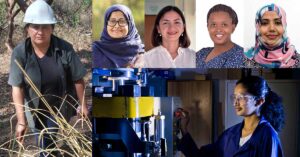
As we experience dramatic changes to our ecosystems worldwide, six women from developing countries are being recognized for innovative research that addresses climate change and the environment. They are the recipients of the OWSD-Elsevier Foundation Award for Early Career Women Scientists […]
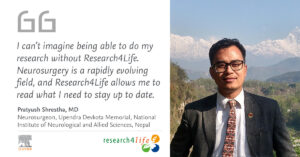
At 20, Research4Life continues to evolve amid the rise in research from the Global South and the growth of open access. Stories of lifesaving medical interventions are not uncommon among this community of users. More than 10,000 institutions in 125 […]
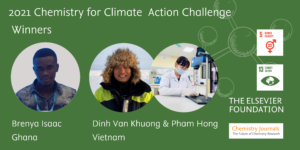
The winners of the Elsevier Foundation Chemistry for Climate Action Challenge share their innovative approaches to waste and recycling. Brenya Isaac collects coconut waste from street vendors in Ghana, converting it to building materials through the startup he co-founded. Dr Hong […]

Thank you for participating in the Elsevier Foundation Chemistry for Climate Action Challenge! The first stage of the submission process closed on September 1st. During the past weeks, our pool of experts worked to review the proposals. We’re proud to announce […]
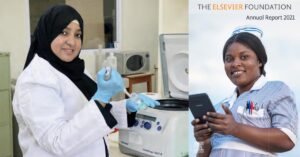
New Elsevier Foundation partnerships to focus on gender equality and climate change 2020 marked five years since the launch of the UN Sustainable Development Goals (SDGs) and the start of the “Decade of Action” we have left to achieve them. For the Elsevier […]
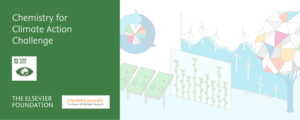
Apply today to the new Chemistry for Climate Action Challenge and win €25,000 for your research.

We have partnered with the Gender Summit since its launch in 2011, supporting its mission to make gender equality in research and innovation the norm.

Quality Research and Innovation through Equality View the story Celebrating 10 years of Gender Summits Celebrating 10 years of Gender Summits Quality Research and Innovation through Equality Science cherishes “excellence”, but this concept is rarely explicitly defined when quality of […]
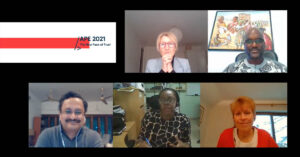
How can open access #OA be more inclusive for low- and middle-income countries? Experts weigh in at the Academic Publishing in Europe conference.
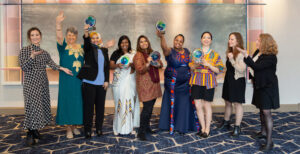
Recognition and visibility can make a world of difference to scientists just starting out.
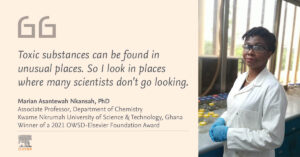
Through her research and science diplomacy, an environmental chemist is changing the narrative in her native Ghana.
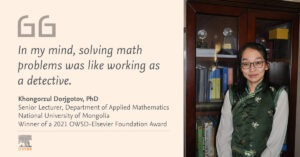
In Mongolia, the COVID-19 lockdown has created an usual problem for professors and their students.

















